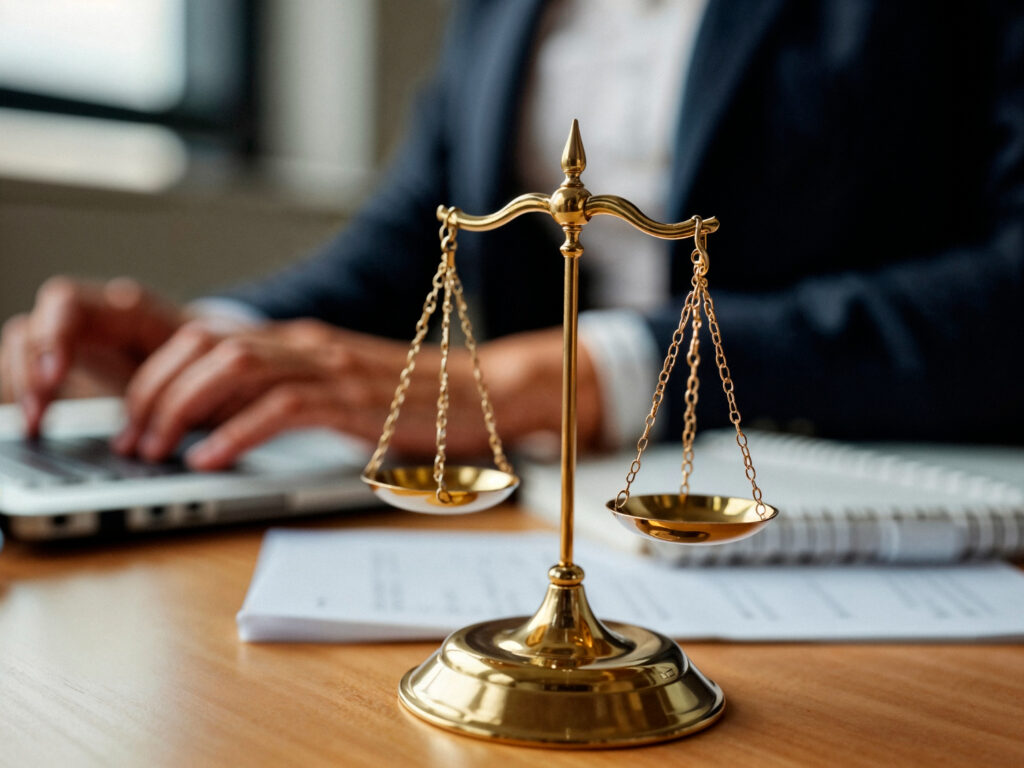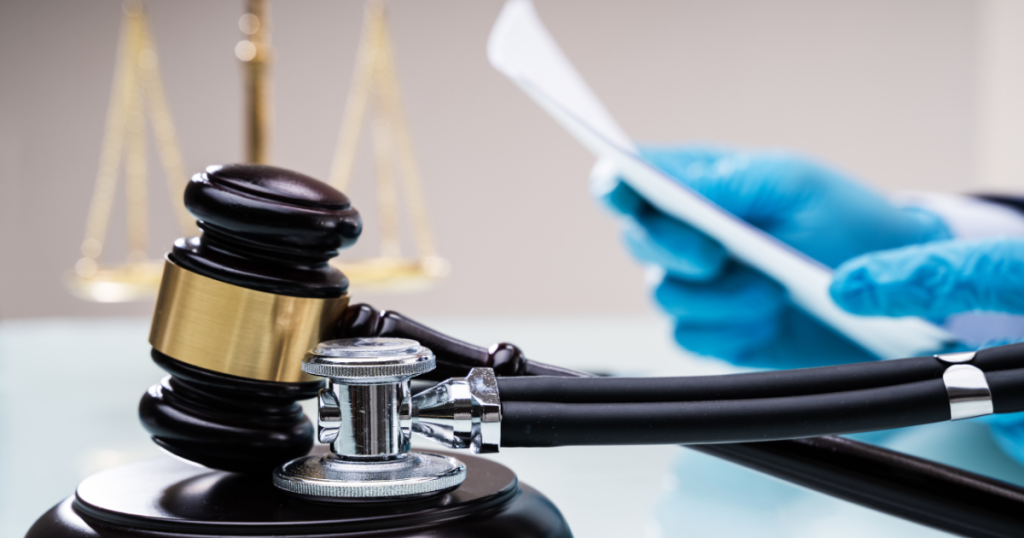Now Reading: Arrested in Georgia? Your Guide to What to Do Next
-
01
Arrested in Georgia? Your Guide to What to Do Next
Arrested in Georgia? Your Guide to What to Do Next
Being arrested can be a great cause of anxiety for people. There are some general procedures that all people who are arrested go through and guidelines for what to say to who, and when.
Arrest
This is typically the first step in the process, which is when a police officer or sheriff arrests someone with or without a warrant. A person is arrested when a police officer or individual citizen signs an affidavit or swears before a judge that a crime was committed. The affidavit will contain information such as what the crime was and who it was committed against, and the time and location of the offense.
Arrests made without a warrant are rarer but can still occur nonetheless under certain circumstances, such as suspicion of child or elderly abuse. If an officer witnesses an offense then they don’t have to go through the trouble of getting a warrant signed by a judge.
Arraignment
The first step in the criminal process, an arraignment is a Constitutional right protected by the 6th Amendment. The accused appears before a judge for a reading of the charges against them and if any charges have been added or dropped. The judge also sets the bail. The accused also enter their plea, such as guilty or not guilty. Witnesses are not required to appear, but usually, the arresting police officer, if they witnessed the crime, is at this hearing to offer their testimony.
After the judge or magistrate has heard the initial evidence for the defendant’s arrest they will then determine what the next steps are. If there is sufficient evidence, or probable cause, then the next step is going to trial.
Trial
A person accused of a crime has the right to be judged by their peers in a jury trial. If there is enough evidence then they can be indicted by a grand jury in Georgia.
Help Your Case
A good defense attorney will tell you that the best thing to do when arrested is to say almost nothing at all. Most of the people you will be dealing with do not have any decision-making power and are just carrying out orders, but they can report your behavior and anything you’ve said, which can affect your case. Stay calm, be polite and remember that you do not need to answer the officer’s questions other than providing your information, such as your name, address, and even driver’s license. It is advised that you do not talk about your case with other inmates, either. Help your own case by remembering that anything you say and do can and will be used against you, even before your Miranda rights are read to you.
If you hold a position that requires a license to be issued by the State of Georgia then you will have to report when you renew your license. Other professions, such as driving, may require notice immediately. You may not need to report if you weren’t convicted.
The person you should be talking to is a tough defense attorney who will fight for a just resolution to your case. If you’ve been arrested and need a criminal attorney in Marietta then call the lawyers at Smith, Schnatmeier, Dettmering, & Reeves, LLP. Navigating the legal system without representation is not advised, and they will be able to give you legal guidance.








